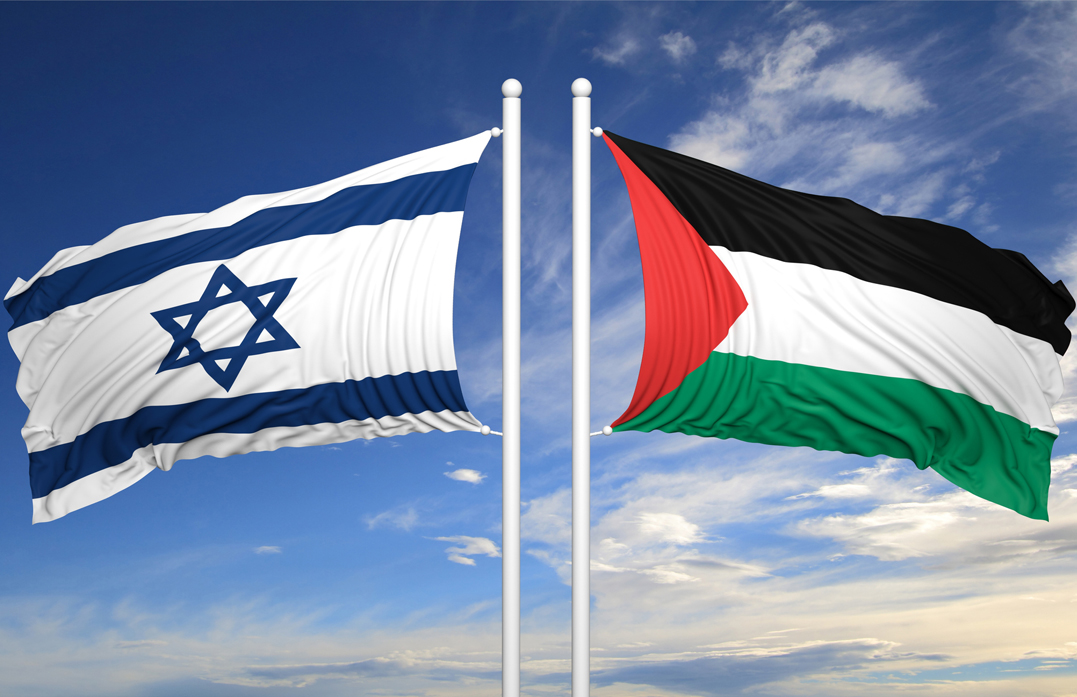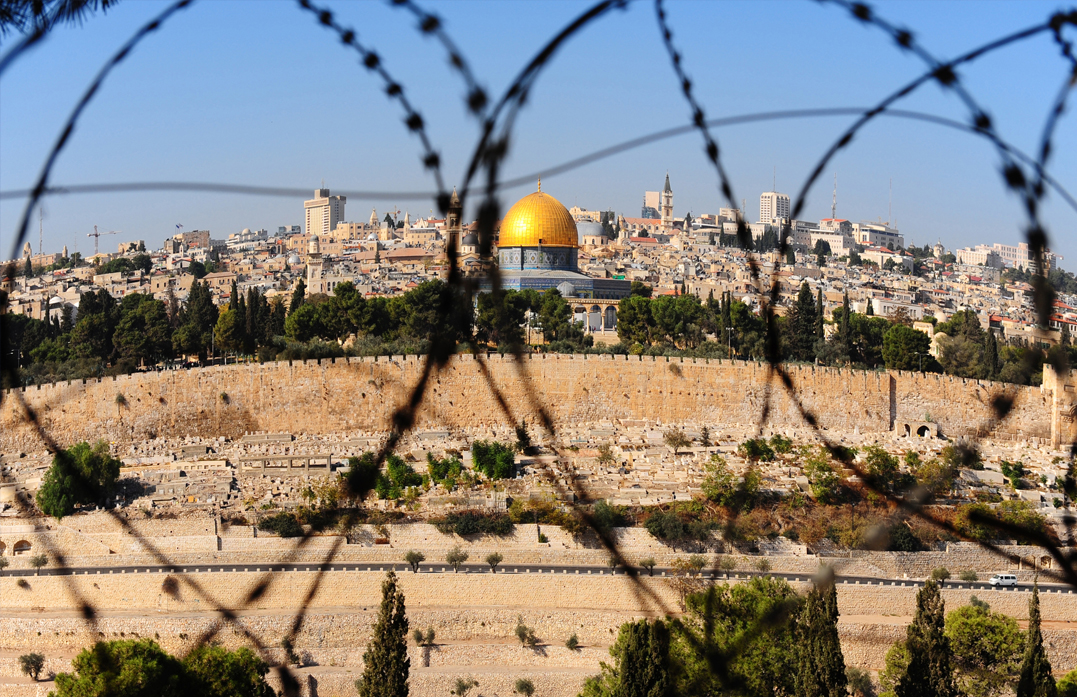
Posted On : Oct 12 2020
Understanding the Israel-Palestine Conflict: A Complex Quagmire
The Israel-Palestine conflict, a seemingly intractable and deeply rooted struggle, has been a source of tension and violence for decades.

This multifaceted conflict has garnered international attention and led to numerous attempts at resolution. To fully comprehend the complexity of the situation, it's essential to delve into its historical, political, and social dimensions.
The roots of the Israel-Palestine conflict can be traced back to the late 19th and early 20th centuries when waves of Jewish immigrants began settling in Palestine, then under Ottoman rule. The Zionist movement, which sought to establish a Jewish homeland, gained momentum during this time. Simultaneously, Palestinian Arabs had inhabited the region for centuries and opposed the idea of a Jewish state on their land.
The conflict intensified after World War II, with the Holocaust's horrors prompting international sympathy and support for Jewish refugees. In 1947, the United Nations passed Resolution 181, which recommended the partition of Palestine into separate Jewish and Arab states, with Jerusalem under international administration. While the Jewish leadership accepted the plan, Arab states rejected it, leading to violence and the eventual establishment of the State of Israel in 1948.
The 1948 Arab-Israeli War, also known as the Nakba ("catastrophe" in Arabic), resulted in the displacement of hundreds of thousands of Palestinian Arabs, many of whom became refugees. This event left deep scars on both sides, and its consequences continue to shape the conflict's dynamics today.
In the aftermath of the 1967 Six-Day War, Israel occupied the West Bank, Gaza Strip, East Jerusalem, and the Golan Heights. These territories remain a central point of contention in the conflict. Palestinians see them as part of a future independent state, while many Israelis view them as strategically vital for security and religious reasons. One of the most contentious issues in the conflict is the establishment of Israeli settlements in the occupied territories. These settlements are widely regarded as illegal under international law, as they violate the Fourth Geneva Convention. Yet, Israel continues to expand and defend them, leading to ongoing clashes and disputes.

Religion plays a significant role in the Israel-Palestine conflict. Jerusalem, a city of great religious significance for Jews, Christians, and Muslims, has been a focal point of tensions. Competing claims to religious sites, such as the Al-Aqsa Mosque and the Western Wall, have exacerbated the conflict.
Numerous attempts at peace negotiations have taken place over the years, including the Oslo Accords and the Camp David Summit. While some progress has been made, a lasting and comprehensive peace agreement remains elusive. Issues such as borders, refugees, security, and the status of Jerusalem continue to divide the parties.
The Israel-Palestine conflict has taken a heavy toll on civilians on both sides. There have been periods of intense violence, with casualties and suffering affecting countless families. The humanitarian crisis in Gaza, in particular, has garnered international attention, as the territory's residents face limited access to essential resources.
The international community, including the United States, the United Nations, and the European Union, has been involved in mediation and diplomacy efforts. However, disagreements within the international community and the veto power of the UN Security Council's permanent members have hindered progress.
The Israel-Palestine conflict remains a complex and deeply entrenched issue with no easy solution in sight. To move toward a lasting resolution, it is essential for all parties involved to acknowledge the historical grievances, recognize each other's right to exist and self-determination, and commit to peaceful negotiations. While the road to peace is fraught with challenges, it is not an impossible journey, and the pursuit of a just and lasting solution remains crucial for the future of the region and its people.
No Comments Added




















